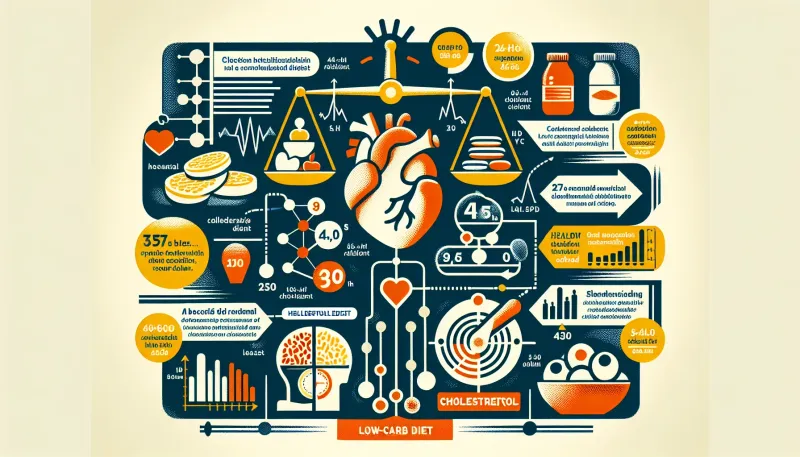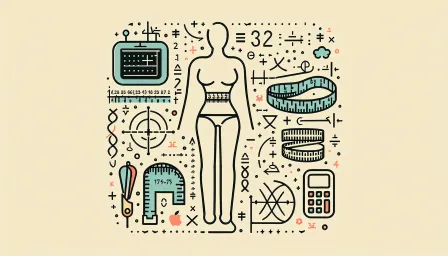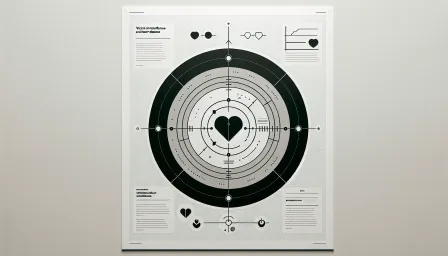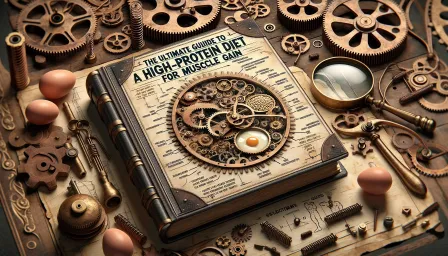The Impact of a Low-Carb Diet on Cholesterol Levels: What You Need to Know

Discover the impact of a low-carb diet on cholesterol levels, its potential benefits, and concerns. Learn about different types of cholesterol and how diet influences them.
A low-carb diet has gained popularity due to its potential benefits for weight loss and metabolic health. However, one crucial question lingers: how does a low-carb diet affect cholesterol levels? Understanding the relationship between a low-carb diet and cholesterol is essential for making informed dietary choices that promote heart health.
Understanding Cholesterol: The Basics
Cholesterol is a fatty substance found in your blood. It's necessary for building cells and producing certain hormones. However, there are different types of cholesterol, and they impact your health in distinct ways.
Types of Cholesterol
Cholesterol is classified into several types:
- Low-Density Lipoprotein (LDL): Often referred to as "bad" cholesterol, high levels of LDL can lead to plaque buildup in arteries, increasing the risk of heart disease.
- High-Density Lipoprotein (HDL): Known as "good" cholesterol, HDL helps remove LDL cholesterol from the bloodstream, protecting against heart disease.
- Triglycerides: While not cholesterol per se, high triglyceride levels can contribute to artery hardening and heighten heart disease risk.
Key Components of a Low-Carb Diet
A low-carb diet restricts carbohydrates, typically focusing on foods like:
- Meat, poultry, and seafood
- Low-starch vegetables (e.g., leafy greens, broccoli)
- Nuts and seeds
- Healthy fats (e.g., olive oil, avocado)
- Dairy products
The reduction in carbohydrates forces the body to use fat as its primary energy source, leading to the production of ketones, a process known as ketosis.
How a Low-Carb Diet Affects Cholesterol Levels
Research on the impact of low-carb diets on cholesterol levels has yielded mixed results. Here's a closer look at the primary findings:
Increase in LDL Cholesterol
Some studies have suggested that a low-carb diet may increase LDL cholesterol levels in certain individuals. The reason for this increase can be attributed to the higher intake of saturated fats, often found in animal-based products, which are common in low-carb diets.
Improvement in HDL Cholesterol
On the positive side, low-carb diets are associated with an increase in HDL cholesterol levels. Since HDL helps remove LDL cholesterol from the bloodstream, higher HDL levels are generally beneficial for heart health.
Reduction in Triglycerides
One of the most consistent findings is the significant reduction in triglyceride levels on a low-carb diet. Lower triglyceride levels are linked to a lower risk of heart disease and other metabolic conditions.
The Quality of Fats Matters
When following a low-carb diet, the type of fats consumed plays a crucial role in impacting cholesterol levels. While saturated fats may increase LDL cholesterol, unsaturated fats (found in olive oil, nuts, and fish) are beneficial for heart health.
Personal Factors to Consider
Individual responses to low-carb diets can vary. Here are some personal factors to consider:
- Genetics: Some people are genetically predisposed to higher cholesterol levels regardless of diet.
- Existing Health Conditions: People with diabetes or thyroid conditions may experience different responses to a low-carb diet.
- Diet Composition: Balance of saturated vs. unsaturated fats, the inclusion of fiber-rich vegetables, and overall caloric intake can influence cholesterol levels.
Strategies to Maintain Healthy Cholesterol Levels on a Low-Carb Diet
While adopting a low-carb diet, consider the following strategies to support healthy cholesterol levels:
Choose Healthy Fats
Opt for sources of healthy fats, such as:
- Olive oil
- Avocados
- Nuts and seeds
- Fatty fish (e.g., salmon, mackerel)
Incorporate Fiber-Rich Foods
Include low-carb, fiber-rich vegetables (e.g., leafy greens, broccoli) to support healthy cholesterol levels and improve digestion.
Monitor Your Cholesterol Levels
Regular blood tests can help track cholesterol levels and guide dietary adjustments as needed.
Consult a Healthcare Professional
Before making significant dietary changes, consult with a healthcare professional or a registered dietitian to ensure that the diet aligns with your health goals and medical conditions. Personalized advice can help mitigate any potential adverse effects on cholesterol levels.
Conclusion
The impact of a low-carb diet on cholesterol levels varies among individuals. While some may experience increased LDL cholesterol, others may see improvements in HDL cholesterol and reductions in triglycerides. Choosing healthy fats, incorporating fiber-rich foods, and monitoring cholesterol levels are critical strategies for maintaining heart health on a low-carb diet. Always consult with a healthcare professional before making drastic dietary changes to ensure safety and effectiveness.



























